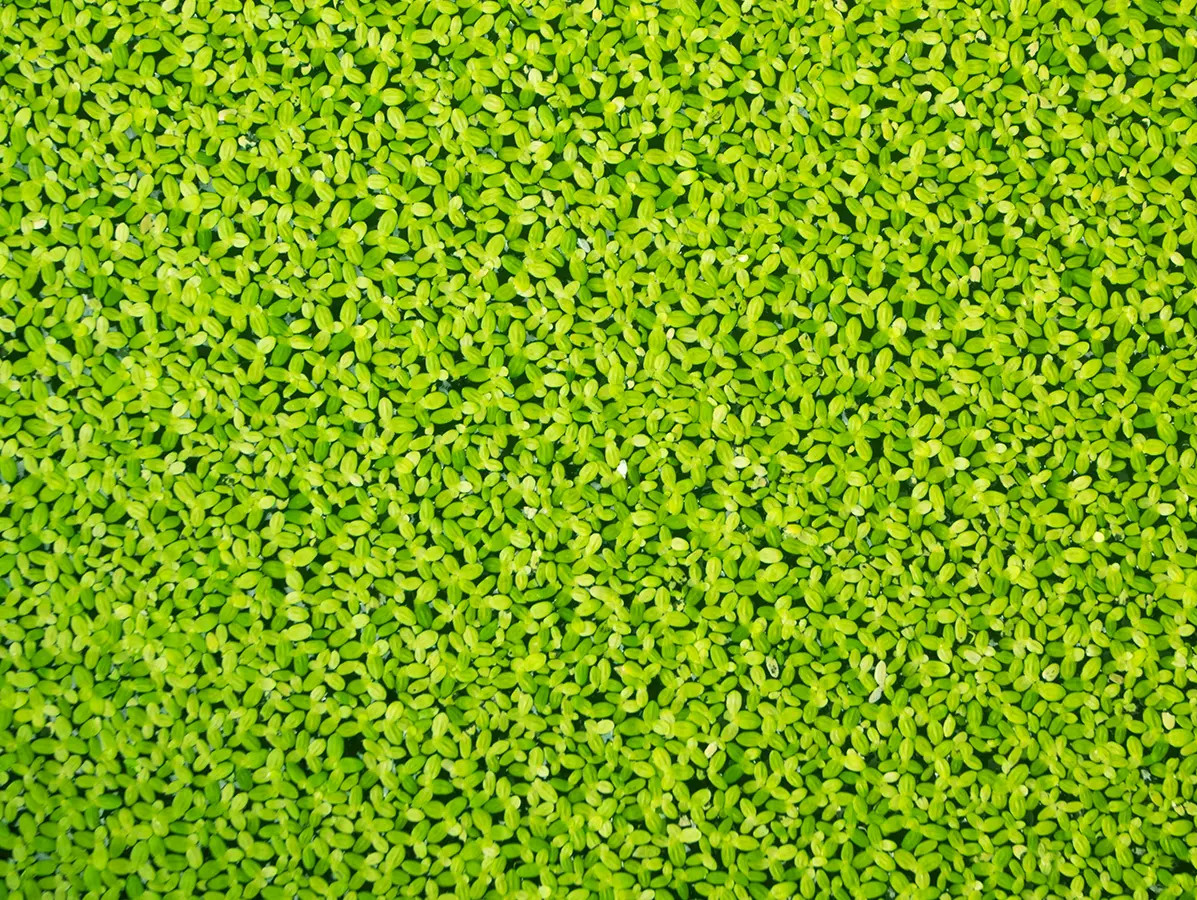
Duckweed, commonly known as water lentils, has been officially approved for consumption within the EU by the European Food Safety Authority (EFSA). This approval marks nearly ten years of research conducted by Wageningen University & Research (WUR), aimed at providing a sustainable and nutritious alternative for the protein transition. According to researcher Ingrid van der Meer, water lentils have everything needed to play a key role in a future where plant-based eating takes centre stage.
While water lentils are already consumed regularly in other parts of the world, such as Asia, strict regulations applied within the EU. Crops that were not widely consumed in Europe before 1997 fall under the so-called novel food regulation. Van der Meer’s team was therefore required to compile an extensive dossier to prove that water lentils could be cultivated safely and sustainably. Research conducted in a greenhouse environment at a Dutch grower provided the necessary data on nutritional values, potential risks, and cultivation conditions. “The analyses were incredibly thorough,” Van der Meer noted.
To test the effects on the human body, intervention studies were carried out with volunteers. They were served dishes containing water lentils, such as soups and traditional Dutch stamppot. The results were positive: the proteins were well-digested and absorbed, with no adverse health effects. In terms of taste, there was little resistance after a brief adjustment period. But the key now lies with the food industry. Van der Meer sees opportunities through both supermarkets and restaurants: “Chefs are already experimenting with recipes. Seeing water lentils in supermarkets within three years? That would be wonderful.”
Source: Wageningen University & Research